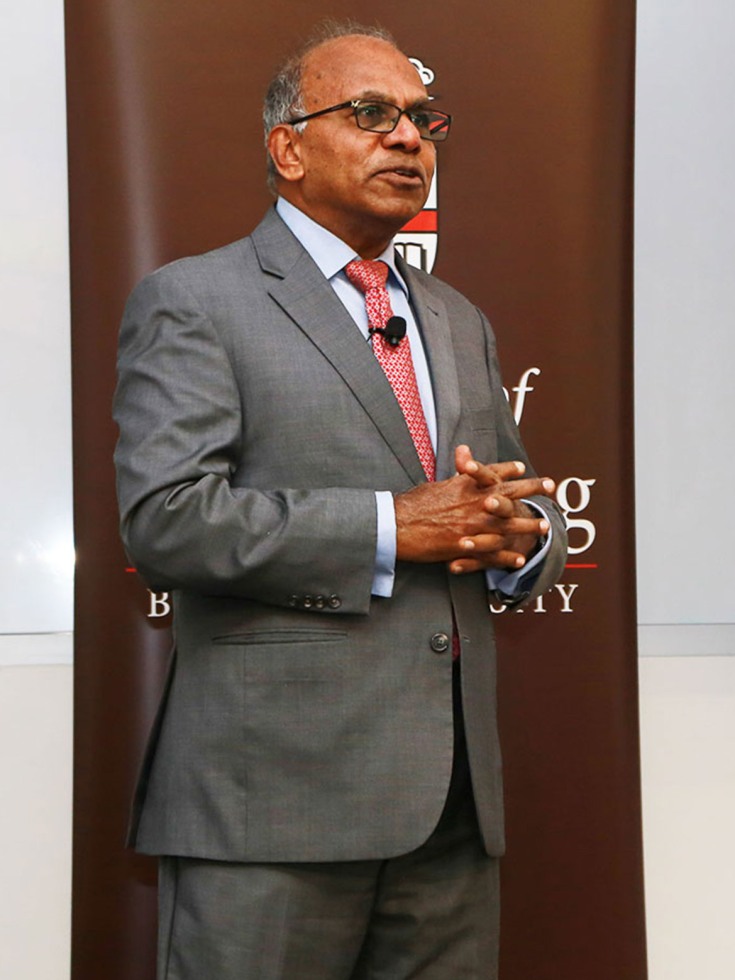PROVIDENCE, R.I. [Brown University] — U.S. President Joe Biden presented the nation’s highest scientific honor to Subra Suresh, a professor at large at Brown University’s School of Engineering and former director of the National Science Foundation.
Suresh — a scientist and engineer with decades of impactful leadership in higher education, industry and government — was among nine recipients who were awarded the National Medal of Science in a ceremony in the East Room of the White House on Tuesday, Oct. 24.
Established by Congress in 1959, the National Medal of Science is conferred directly by the president and is the highest recognition the nation can bestow on scientists and engineers. It is given to individuals to recognize their “outstanding contributions to knowledge in the physical, biological, mathematical, engineering, or social and behavioral sciences, in service to the nation,” according to the White House. The medal has been awarded to 506 scientists and engineers since its establishment. This marks the first time the award has been given since 2016.
"We're determined to return great science to America,” Biden said in remarks at the ceremony. "For this year's recipients, 'outstanding' may be an understatement. They're extraordinary… They have paved the way for a generation of other scientists and innovators to pursue their own discoveries to unlock our nation's full potential."
Biden recognized Suresh for pioneering research across engineering, physical sciences and life sciences, and particularly for advancing the study of material science and its application to other disciplines. The announcement from the National Science and Technology Medals Foundation noted his commitment to research and collaboration across international borders, which has demonstrated how science can forge understanding and cooperation among people and nations.
“It's very satisfying,” said Suresh, who said he takes special pride in the recognition because of what the medal signifies. True to character, he remains humbled by the honor as well: “This is not why you do science. You don't do this for the reward, you do it for the joy. If somebody notices it, it's icing on the cake, but it's not the cake itself. This particular one, though, has added significance because it's from the president of the United States. It’s national. It has the United States stamped on it.”
Suresh joins mathematician David Mumford (awarded in 2009) and geographer Robert W. Kates (awarded in 1991) as recipients who received the medal while active members of the Brown faculty.
“On behalf of the entire university, I am thrilled to extend a heartfelt congratulations to our colleague Subra Suresh — a brilliant scholar and former director of the National Science Foundation who began his legendary career as a world leader in higher education right here at Brown — for being recognized with the nation's highest scientific honor,” said Brown University Provost Francis J. Doyle III. "His important contributions to the advancement of scientific knowledge make him eminently deserving of this award."
School of Engineering Dean Tejal Desai also noted Suresh’s many contributions as both an engineer in material science and as one of the world’s leading scientific figures.
“His visionary leadership in higher education and at the National Science Foundation has had a tremendous impact in both fundamental science and innovation across the globe,” Desai said. “This is the type of approach that Brown engineering has long pursued — high-impact, creative work shaped by excellent faculty working collaboratively at the boundaries of disciplines.”
